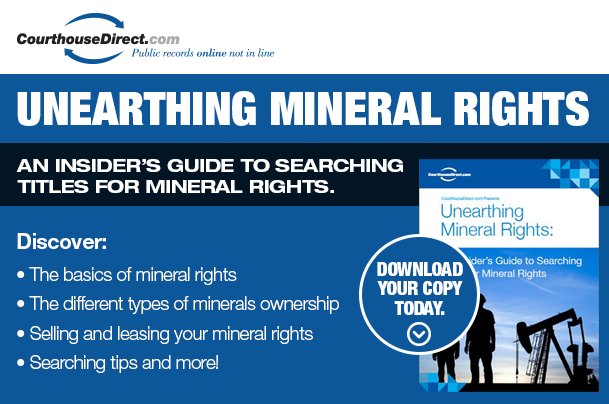
If you believe someone is hiding assets from public knowledge, there are ways of discovering these assets without hiring an asset search investigator. Someone may wish to hide assets with criminal intent or hide part or all of their wealth to avoid scrutiny. Regardless of why people hide assets, know it is possible to uncover them using public records.
If You Can’t Afford an Asset Search Investigator
An asset search investigator or a financial investigator can find hidden assets that your spouse, business partner, or anyone else may keep from you. These investigators use a variety of means to find asset information, including viewing surveillance footage and conducting background searches. You can obtain the information you need using an investigator, but their services aren’t cheap. People who can’t afford – or don’t want to pay – for an asset search investigator can uncover the same information using a free public records search.
When You Need to Find Real Property
Property is often the most valuable asset a person owns. Someone may want to hide that he or she owns a large piece of land or property to conceal wealth from others. If you need to know the properties a person owns to gather an honest representation of his or her true wealth, you can use the public records. You can identify land and residences the person lives in, as well as land adjoining their residence and even out-of-state properties.
Entering a Business Relationship
For your business ventures, it’s smart to conduct an asset search before entering into a partnership, investing in a company, or collecting investments to have full disclosure with the person or corporation. You don’t have to suspect illegal activity or dishonesty to conduct an asset search – any savvy businessperson should do the search from day one. If you want to conduct an asset search for business reasons, but don’t want to spend the money it takes to hire an investigator, you can use the public records.
To Find Vehicle Registrations
Someone may wish to conceal registrations he or she currently has with motor vehicles, watercraft, or aircraft. A criminal may hide this information to avoid being connected to a motor vehicle at the scene of a crime or while on the run. Non-criminals may want to hide this information to avoid giving these assets to an ex-spouse in a settlement agreement. No matter what the reason, you can gain access to a full list of registrations currently in a person’s name for free using a public records search.
If You’re Getting a Divorce
When a married couple files for divorce, the courts will often divide assets. If you need full disclosure about what your spouse actually owns in assets, you can use public records to see pieces of property, antiques, or other assets in their name. Your spouse may hide expensive vehicles, land, or other assets from you to keep them during a settlement. Instead of spending money on an investigator as well as your divorce attorney, use public records to uncover hidden assets.
During Probate Filings
Searching through the grantor/grantee indexes in the person’s county can uncover assets – things they bought, sold, and what they own. When you’re going through probate filings, you need to access this information to know for sure what your inheritance should be. You can also identify key family members and distant relatives who passed away to find out if you may have an inheritance you didn’t know about.
If You’re Thinking About Suing
If you want to sue a person or a corporation, conduct a public records search before engaging in litigation. You don’t want to go through the entire court process just to discover the party you’re suing is bankrupt and can’t pay a settlement. You can find out what assets and income the party has before you sue to ensure you’ll receive money should you win your case. Use public records to find out what you can attain, as well as to have a record of what the party has in the event you win a settlement – holding them accountable to make payments.





















